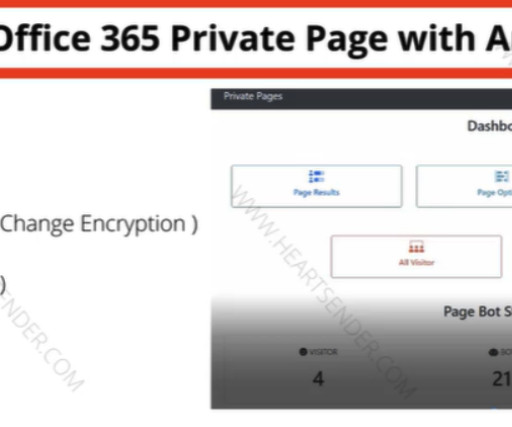Linksys force password reset to prevent Router hijacking
Security Affairs
APRIL 16, 2020
Linksys has reset passwords for all its customers’ after learning on ongoing DNS hijacking attacks aimed at delivering malware. At the end of March, Linksys issued a security alert warning users of the ongoing attacks and urging them to reset the passwords. “In Pierluigi Paganini. SecurityAffairs – Linksys, hacking).























Let's personalize your content